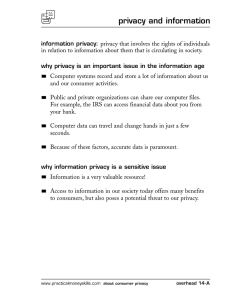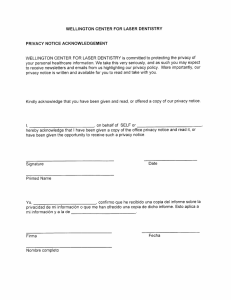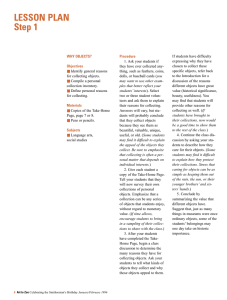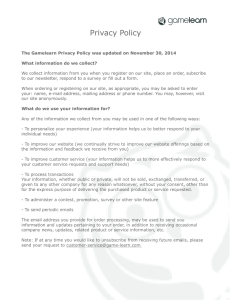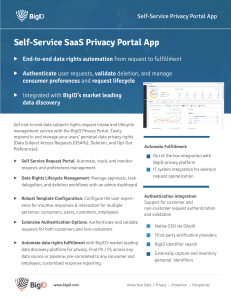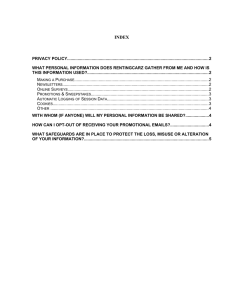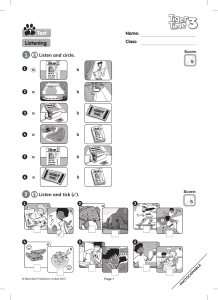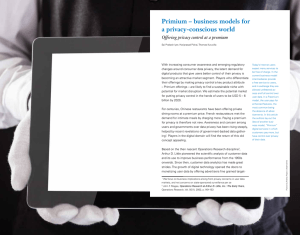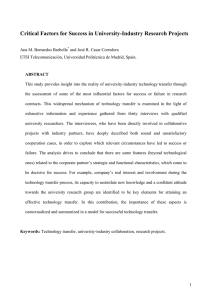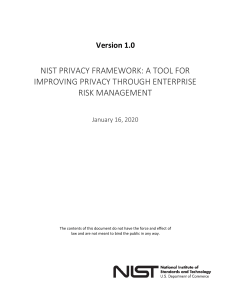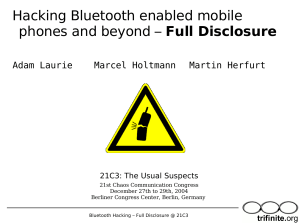targeted social engineering attacks. sensitive
Anuncio
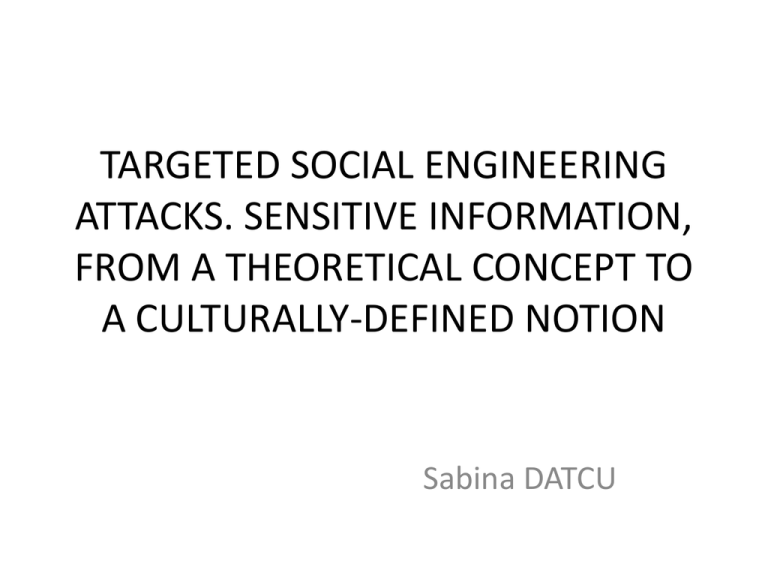
TARGETED SOCIAL ENGINEERING ATTACKS. SENSITIVE INFORMATION, FROM A THEORETICAL CONCEPT TO A CULTURALLY-DEFINED NOTION Sabina DATCU WHY… ? … another study on social engineering what were the targeted countries of the study? Did these influence the results? VB2013 paper IS THIS STUDY… ? … an ethical experiment? As usual… NO, it’s NOT an ethical experiment. designed to increase the public awareness WHAT IS SENSITIVE INFORMATION…? • Lots of definitions • SUM UP: information is sensitive if the loss of its confidentiality or availability has severely undesirable effects on organizations or individuals. • Definitions are parts of the laws and regulations of different countries SENSITIVE INFO- a sensitive term in reality Health/ medical issues: HE HAS A BROKEN LEG HE HAS MENTAL HEALTH PROBLEMS Is this SENSITIVE INFORMATION ?!? Theory meets reality: EXPERIMENTS • 2 different experiments were conducted. • 1st – what are people’s reactions about the sites collecting information about them. • 2nd - 2100 persons from 7 countries – with different cultural views – were questioned regarding the notion of ‘sensitive information’ and what kind of information they would be willing to disclose to another ‘reliable person’. EXPERIMENT 1 Hypothesis to be tested: H1: People are exposing personal data on different sites, considering this an essential condition for a close friendship. H2: People are afraid of third-party sites collecting personal information. Collecting information • I want to build a person’s profile based on net information: pictures, videos, biographies, social network profiles. Even better: emails, addresses or phone numbers. … IS THIS A CHALLENGE? ACTUALLY … NO, it’s not There are a lot of sites collecting and presenting this kind of data from various sources on the Internet. A quick search revealed at least 55 public sites collating information about users and exposing it to everybody. SMALL SCALE LARGE SCALE - Individual - Share sensitive info for a Close friendship - Curiosity - Psychological dominant issue: narcissism - Collate 1000… 100.000 profiles - shares personal info, he/she risks: indifference; rejection; or betrayal - people don’t feel very comfortable when confronted with a full aggregate account of their disclosure But now… let’s think big… Remember “Ron Bowes” incident??? • How do people react to these kinds of sites collecting information about them? Not very well. more than 300 complaints Main reasons for their discontent: - they might be mistaken for other individuals who have criminal records - they had not shared the collected personal information, but their friends had. EXPERIMENT 2 - Sample: 2,100 people - 7 different countries (US, UK, Spain, Japan, Lebanon, Romania and Australia) - Questions about the notion of ‘sensitive information’ and what kind of information they would be willing to disclose to another ‘reliable person’. - sex ratio was 1:1 - time frame: 6 months Hypotheses : a) The higher the interviewees’ cultural knowledge, the stricter their attitude/conduct towards privacy. b) The stricter interviewees’ cultural background, the stricter their attitude about the privacy of their data. c) The greater the interviewees’ needs for freedom, the less strict their attitude about private information disclosure. At the very beginning of the discussions… • almost all the participants were pretty concerned about their personal privacy. But… in the end… Info disclosed % US UK Spain Japan Lebanon Ro Australia Address and phone 94 83 95 76 22 41 68 Parents’ names 83 78 89 48 15 55 54 Info about their family 91 83 79 54 18 62 78 Info about their health 82 64 86 25 10 78 53 Info about co-worker 90 76 89 52 31 61 54 Info about the company they are working for 89 58 73 77 16 73 61 Conclusions - the decision-making process behind private information disclosure is an extremely complicated process - people are more willing to share because of their suspended sense of risk in the absence of social cues - cybercriminals are better equipped to trick their victims based on what information is made available about potential human sources of authority. The experiments revealed interesting results, but it certainly do not provide the last word in the privacy debate… … want to see why this? …Look here! A very new experiment (1 week old) about sensitive information and identity theft … I could check my bank account using the information from the internet about my own person! … even I needed a lot of information!!! … and I didn’t expose very much sensitive information about myself! … But how? …well… - My name is on Facebook - My birth date is also there (it’s not obvious, but it’s a photo with my lovely birthcake) The “hard part” - Address and Personal identification number – into an official document published by my University - And… what else do I need?!?... … of course, credit card number and its expiration date… PLEASE NOTE that… they are not on the internet… TRUST ME! … but… As nothing is impossible… There is a photo from my vaccation named: “Great holiday! In front of the hotel” … so I called the hotel and I pretended to be from the bank staff – I asked details for a transaction because “There were some problems with it” … and they gave to me exactly the info I needed – credit card number and its expiration date And YES, again an UNETHICAL experiment… But it was interesting to find out how vulnerable a user could be. THANK YOU!
